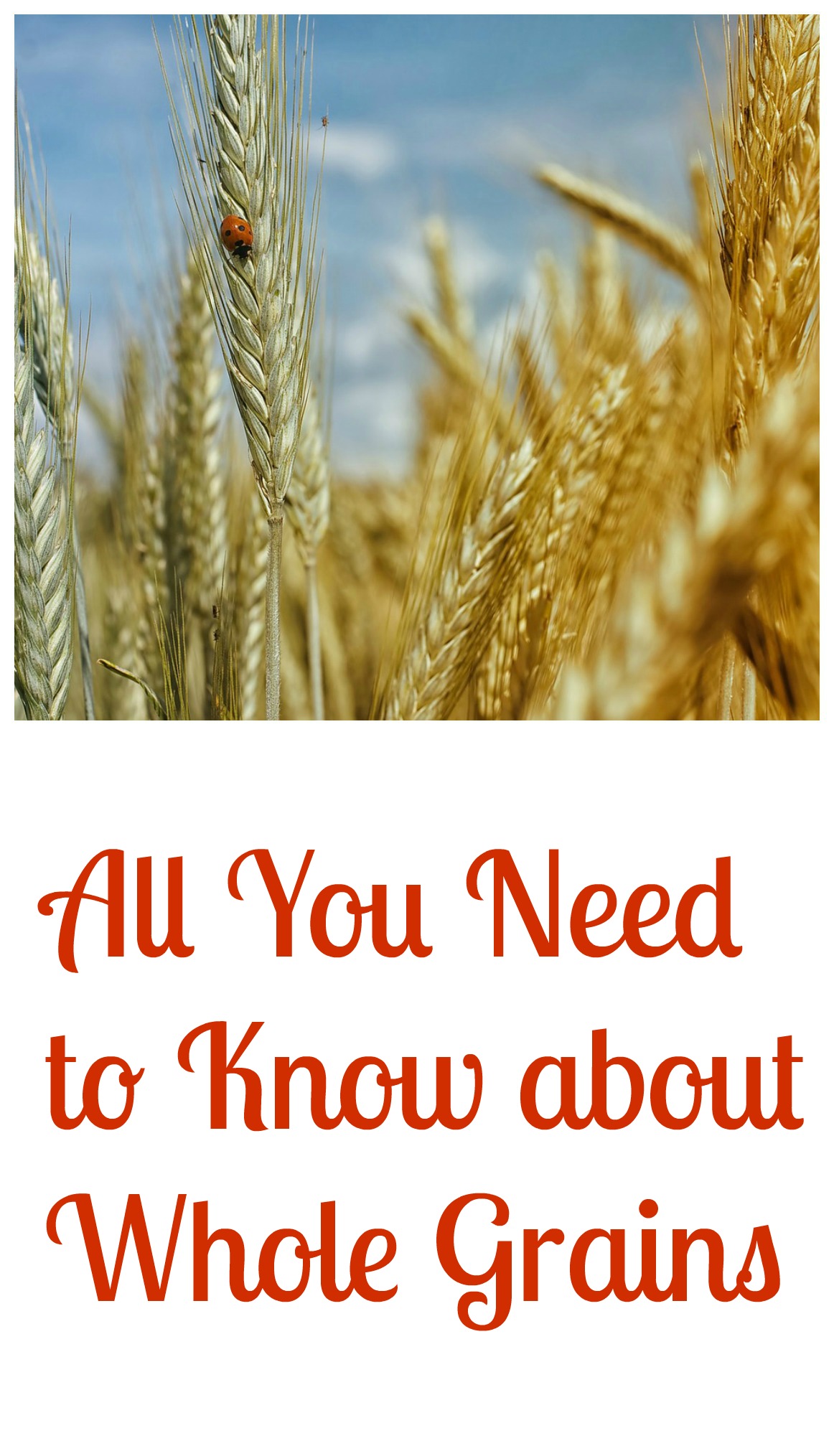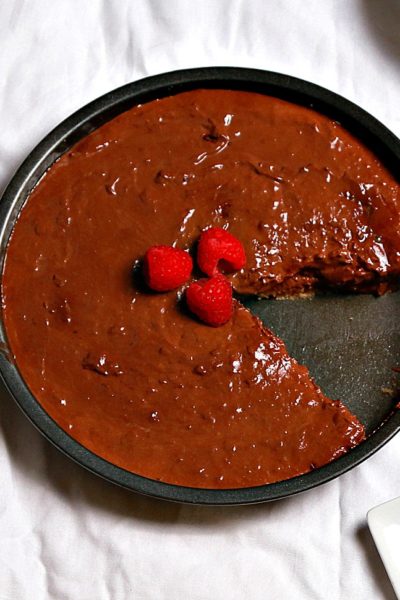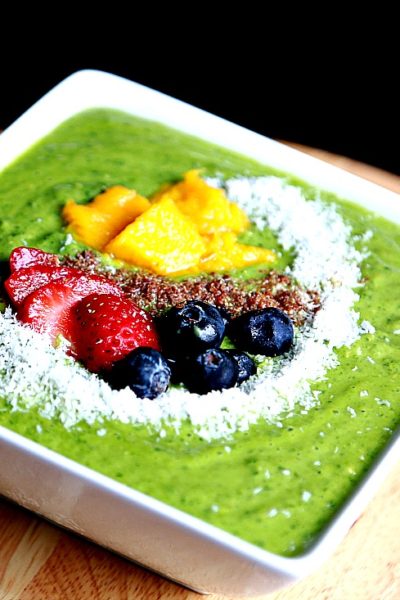Eating whole grains is an essential component of my diet, I usually eat oatmeal for breakfast, or two slices of whole grains bread. And while I’m exploring new ones, I thought it’s a great idea to share with you their goodness.
Let’s start:

What do we mean by whole grains?
According to the whole grains council, they are the seeds that had all the essential parts” the germ, endosperm, and bran” and the naturally occurring nutrients.
The difference between whole grains and multigrain
Again according to the whole grains council, whole wheat is one kind of whole grains. But multigrains may not be whole grains, because some parts are missing like endosperm of kernel that contain the nutrients. And just as reminder, according to Mayo Clinic if you eat all whole grains not refined ones you have to pay attention if they are fortified, if they are not you need extra sources of folic acids, and vitamin B.
A list of whole grains:
- Wheat and its derivatives (bulgur, freekeh, farro, spelt, and kamut)
- Amarranth
- Teff
- Barley
- Oatmeal
- Sorghum
- Rye
- Tetrticle
- Buckwheat
- Corn including popcorn and polenta
- Quinoa
- Rice (wild ,brown, and colored)
Amarranth, quinoa, and Buckwheat are not classified under grains. But their texture, processing method, and way of eating are very similar to grains.Here you can find all what you need to know about quinoa .
Diabetes
In the last decade, lots of studies shown positive effects of consuming whole grains on glucose blood level, and insulin resistance. I wish I can mention them all; to show the importance of eating whole grains. here in a recent study they studied 99 patients. Assigned them randomly in two groups, first one consume the usual diet with refined rice, and the second group has the whole grains, and legumes. And that was for 12 weeks period. The first group shows a significant decrease in fasting glucose level and insulin resistance, while the second group didn’t show that. Therefore whole grains can a be a great alternative for refined grains, and a great addition to any diet for people who are suffering from diabetes, or any one wants to control the blood sugar level.
heart diseases
According to the Harvard School of Public Health replacing refined grains with whole grains will significantly decrease the total cholesterol level, LDL, triglycerides, and insulin. And all of that, will decrease the risk of having a heart attack, or causing a heart diseases.
Intestines
For intestines, whole grain also can increase the abundance of bifidobacteria (A bacteria that is found in the colon, which used as pro-biotic). In this study done on postmenopausal women, who were divided in two group (One with refined grains, the other with whole wheat grains) The latter group shown increase in the bacteria.
Cancer
This is a good article that discuss how fiber protect the body from cancer, because waste from food may contain carcinogens. When you eat fiber, it tends to add bulk to the waste, and reduce the time of it circulating in the colon.colon. Therefore, the chance that intestinal wall be affected is smaller.
Recipes
You can do a lot with whole grains. It can goes with any meal, salad, or a main course, or even dessert! But since bread is the most beloved one, I want to share with you a recipe “I want to try”. This recipe is by a registered dietitian Deanna Segrave-Daly she has tons of healthy, and delicious recipes.This recipe “oatmeal bread” is a traditional in her household. And means a lot to her, since its given to her by her grandmother. She is a co-founder of an interesting blog teaspoon of spice , here you can check the recipe
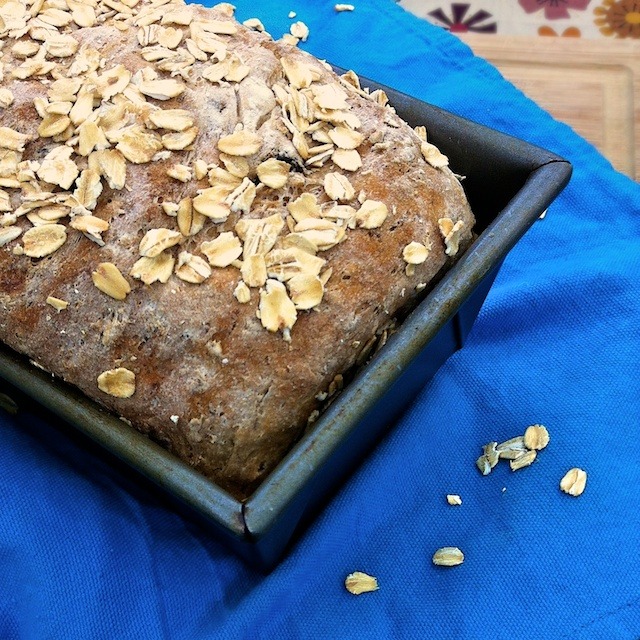
And here is another recipe I made before with bulgur, which is whole wheat grain that is partially cooked. It’s versatile, and goes will with any protein or veggies. You can eat it raw, or cooked! Both ways are delicious, and healthy!
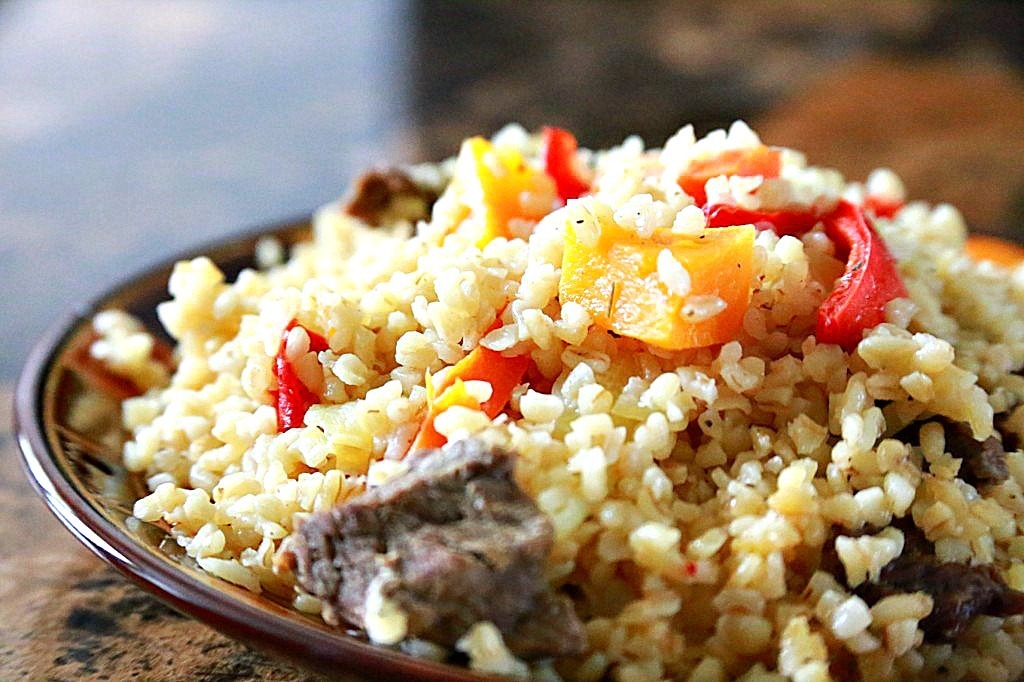
Do you eat whole grains? Which one do you prefer? I would love to hear from you!
If you like this post, don’t hesitate and share it!

